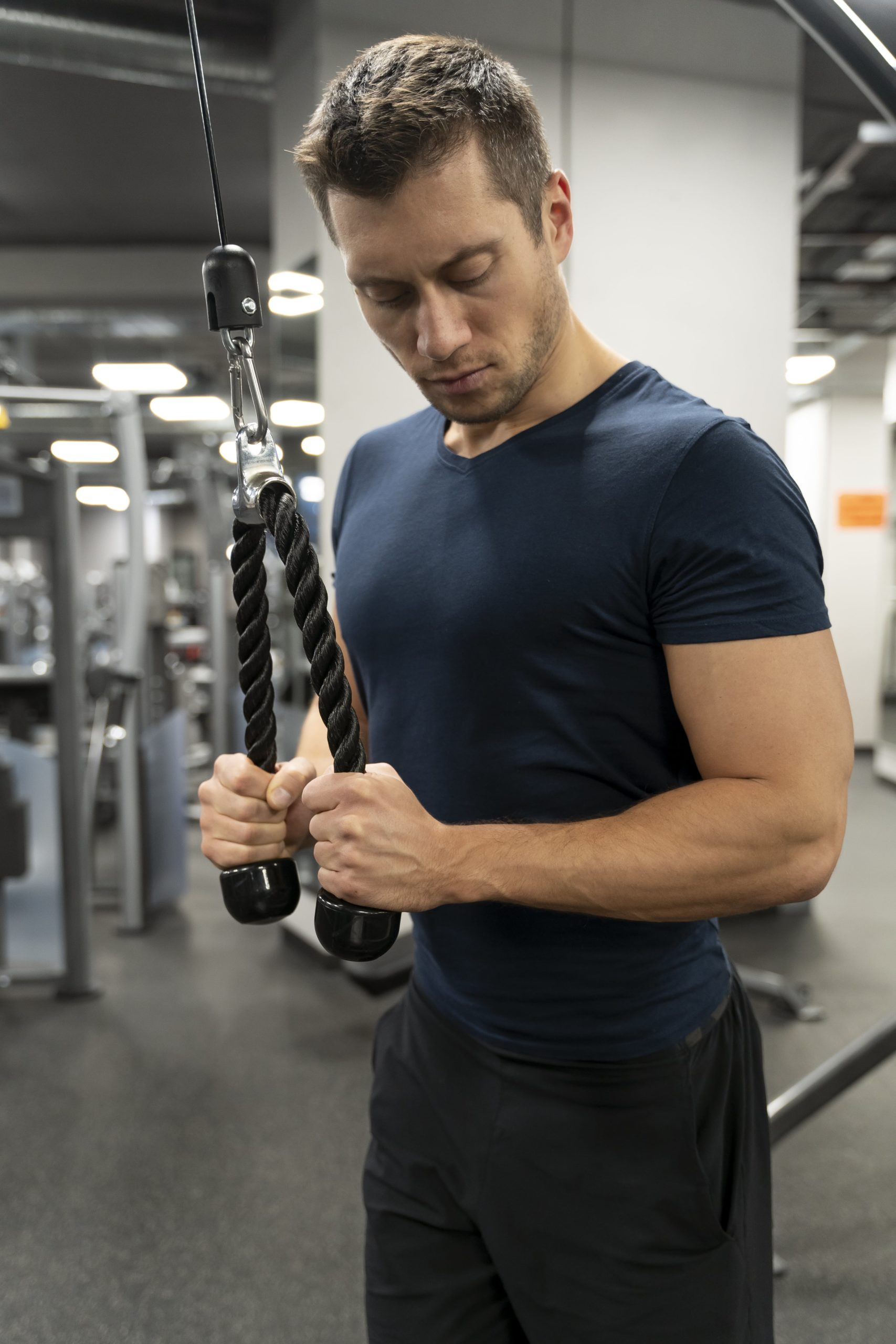Introduction
In the quest for a stronger, more muscular physique, knowing how to effectively gain muscle is paramount. Whether you’re a seasoned gym-goer or just starting, this comprehensive guide will equip you with the knowledge and strategies needed to maximize muscle growth. From understanding the science behind muscle gain to practical tips for optimizing your workouts and nutrition, let’s dive into the world of bulking up and sculpting your dream physique.
Understanding Muscle Growth
Before delving into the specifics of how to gain muscles, it’s essential to grasp the fundamentals of muscle growth. Muscles grow through a process called hypertrophy, which involves the enlargement of muscle fibers in response to resistance training. When you lift weights or engage in other forms of resistance exercise, you create micro-tears in your muscle fibers. In the recovery period following exercise, these tears are repaired, leading to muscle growth and increased strength.
Key Strategies for Muscle Gain
Progressive Overload
To stimulate muscle growth, it’s crucial to progressively increase the demands placed on your muscles over time. This can be achieved by gradually increasing the weight you lift, the number of repetitions performed, or the intensity of your workouts.
Compound Exercises
Focus on compound movements that target multiple muscle groups simultaneously, such as squats, deadlifts, bench presses, and pull-ups. These exercises recruit a greater number of muscle fibers and are highly effective for building overall strength and size.
Nutrition
Proper nutrition is essential for supporting muscle growth and recovery. Aim to consume an adequate amount of protein, the building block of muscle tissue, with sources such as lean meats, poultry, fish, eggs, dairy, and plant-based options like tofu and legumes. Additionally, prioritize carbohydrates to fuel your workouts and replenish glycogen stores, along with healthy fats for hormonal balance and overall health.
Rest and Recovery
Adequate rest is crucial for muscle repair and growth. Make sure to incorporate rest days into your training schedule to allow your muscles time to recover. Additionally, prioritize quality sleep, as this is when the majority of muscle repair and growth occurs.
Tips for Building Muscle at Home
Building muscle at home is entirely possible with the right approach.
Here are some tips for effective home workouts
- Focus on bodyweight exercises such as push-ups, squats, lunges, and planks.
- Incorporate resistance bands or dumbbells for added resistance.
- Get creative with household items like water bottles or backpacks filled with books for makeshift weights.
- Follow a structured workout plan that targets all major muscle groups and progressively increases in intensity.
Conclusion
Building muscle is a multifaceted process that requires dedication, consistency, and the right approach. By implementing the strategies outlined in this guide, you can maximize your muscle growth potential and achieve the strong, muscular physique you desire. Remember to prioritize progressive overload, proper nutrition, rest, and recovery, whether you’re hitting the gym or working out at home. With patience and perseverance, you can unlock your full muscle-building potential and sculpt the body of your dreams.
Contact now! +1 (857) 384-3567
FAQs
How can I build muscle effectively?
Building muscle effectively involves a combination of resistance training, proper nutrition, and adequate rest. Focus on compound exercises like squats, deadlifts, and bench presses, and ensure you’re consuming enough protein to support muscle growth.
Is it possible to gain muscle mass without equipment?
Yes, it’s possible to build muscle at home using bodyweight exercises and minimal equipment like resistance bands or dumbbells. Exercises like push-ups, squats, and lunges can help you build muscle without needing a gym membership.
What should I eat to support muscle growth?
To support muscle growth, aim to consume a balanced diet rich in protein, carbohydrates, and healthy fats. Lean protein sources like chicken, fish, tofu, and beans are essential for muscle repair and growth, while carbohydrates provide energy for workouts, and healthy fats support hormone production.




